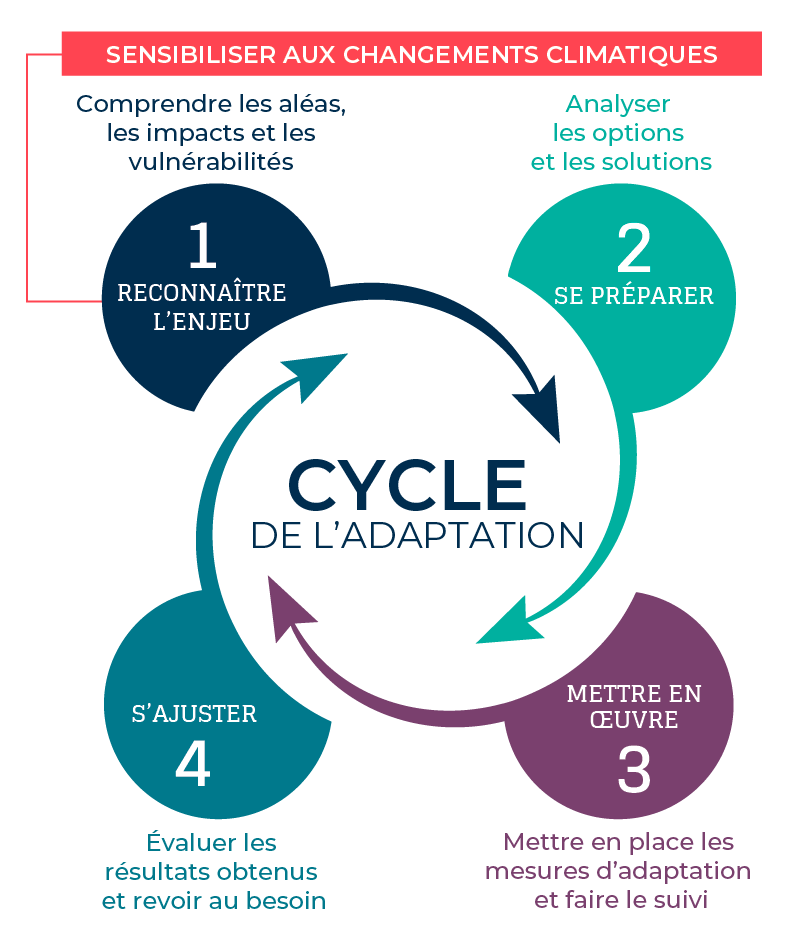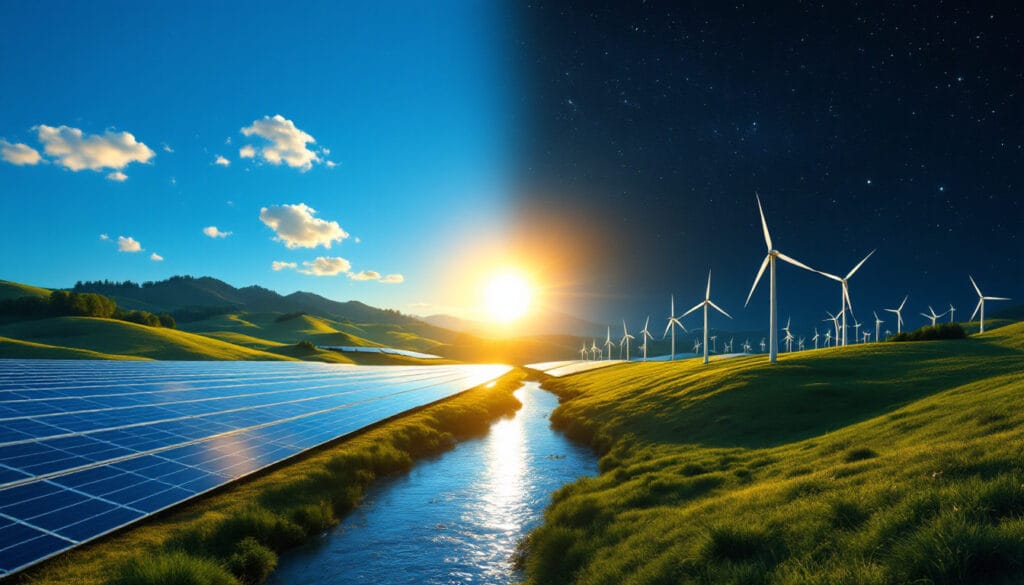Causes of Climate Change
The causes of climate change are multiple and often interconnected. They result mainly from human activities, especially since the industrial revolution. Understanding these causes is crucial for better grasping possible solutions.
The combustion of fossil fuels such as coal, oil, and natural gas is the primary source of greenhouse gases (GHGs). These GHGs, like carbon dioxide (CO2), trap heat in the atmosphere, leading to a rise in global temperatures.
Industrial and agricultural activities also play a significant role. The use of powerful chemical fertilizers and deforestation for agriculture release massive amounts of CO2 and methane (CH4), another particularly potent greenhouse gas.
It is also important to mention the impact of waste. Landfills generate methane due to the decomposition of organic materials. Poor waste management thus significantly contributes to GHG emissions.
Transportation, mainly road and air transport, exacerbates the problem. Internal combustion engine vehicles emit CO2 and other pollutants. The rapid growth of freight transport and air travel amplifies this situation.
Finally, the energy consumption of buildings, with excessive electricity use for heating and cooling, also contributes to the increase in greenhouse gases. Rapid urbanization and energy-intensive infrastructures further exacerbate these phenomena.
- Combustion of fossil fuels (coal, oil, natural gas)
- Industrial and agricultural activities (chemical fertilizers, deforestation)
- Waste (landfills)
- Transportation (internal combustion vehicles, aviation)
- Energy consumption of buildings (heating, cooling)
By identifying these causes, it becomes possible to implement innovative and sustainable solutions to reduce our environmental impact and combat climate change.
Greenhouse Gas Emissions
Climate change is a reality we must face. It is primarily caused by factors such as greenhouse gas emissions, deforestation, and unsustainable agricultural practices.
Greenhouse gas emissions come from various human activities. The combustion of fossil fuels like oil, coal, and natural gas releases enormous amounts of carbon dioxide (CO2) into the atmosphere. This phenomenon, along with other sources of pollution like factories and vehicles, increases the concentration of these gases, trapping heat and contributing to the greenhouse effect.
Among the main sources of greenhouse gas emissions are:
- The combustion of fossil fuels for energy and transport.
- Deforestation which reduces natural carbon sinks.
- Unsustainable agricultural practices, such as intensive use of chemical fertilizers.
To mitigate the impact of climate change, it is crucial to reduce greenhouse gas emissions. This can include concrete actions such as:
- Adopting renewable energies such as solar and wind.
- Promoting sustainable mobility with electric vehicles and public transportation.
- Encouraging reforestation and the preservation of existing forests.
- Supporting sustainable agricultural practices, including agroecology and reduced use of chemicals.
By combining these efforts, we can hope to limit the harmful effects of climate change and protect our planet for future generations.
Deforestation
Climate change is a complex phenomenon resulting from various interconnected causes. Understanding these causes allows us to better adapt and find suitable solutions.
Climate change is primarily caused by human activities that increase the concentration of greenhouse gases in the atmosphere.
Here are some of the main causes:
- Carbon dioxide (CO2) emissions from the combustion of fossil fuels for energy and transport.
- Methane (CH4) emissions from livestock, agricultural crops, and waste management.
- Deforestation which reduces the capacity of forests to absorb CO2.
- Intensive land use such as agriculture and urban development.
Deforestation plays a significant role in climate change. It involves the conversion of forests into agricultural land, urban areas, or other non-forest uses.
The main impacts of deforestation are:
- Loss of biodiversity as natural habitats for animals and plants disappear.
- Reduction of carbon sequestration, as fewer trees are available to absorb CO2 from the atmosphere.
- Increase in CO2 emissions, a direct result of trees being burned or decomposed after logging.
Global efforts, such as reforestation and support for sustainable agricultural practices, are essential to counter these negative impacts and improve the resilience of ecosystems.
Articles similaires
Thank you!
We will contact you soon.













